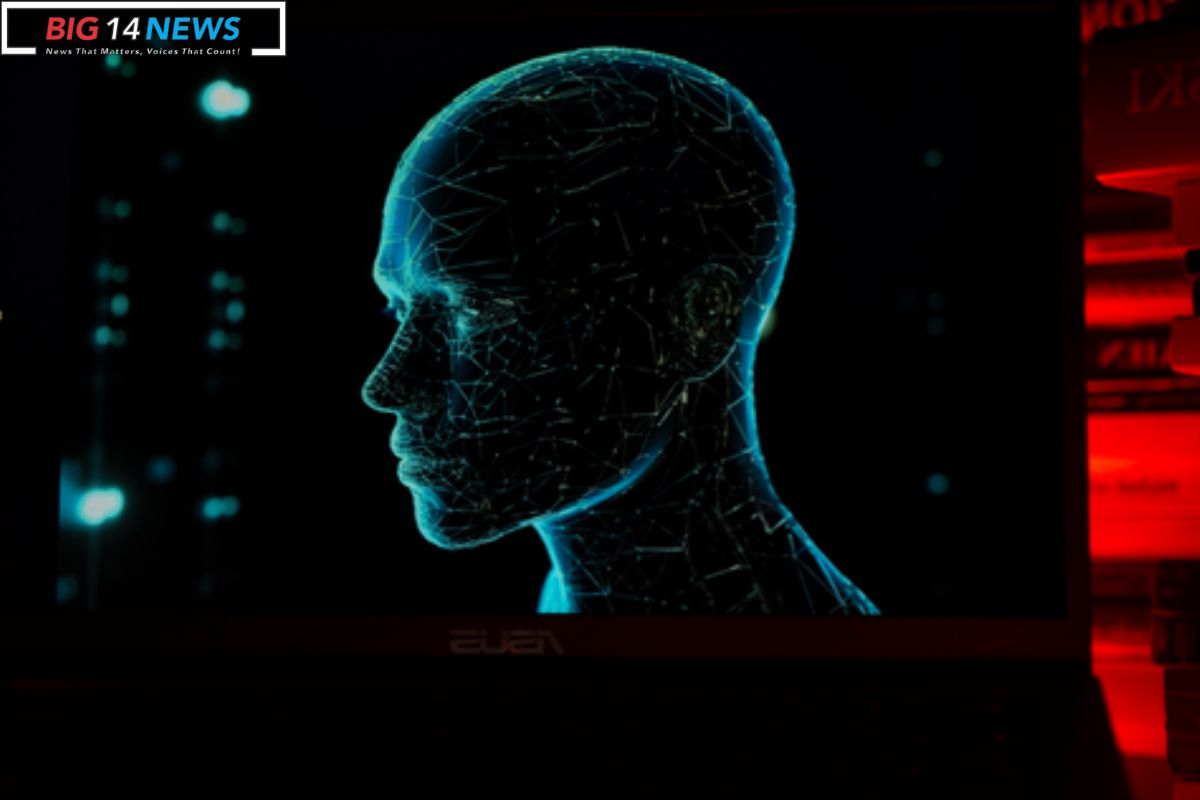AI Experiment Analyzes LAPD Body Camera Footage: California researchers have begun a groundbreaking AI experiment to analyze LAPD body camera footage. This is a start to make it easier for police to cooperate with and hold people accountable. The program aims to strengthen police-community relations. This study seeks to determine if and how police officers’ words and delivery enhanced public encounters.
Marla Ciuffetelli presented this study project to the Board of Police Commissioners recently. The project aims to teach future police officers how to cooperate with the public and ensure transparent and accountable law enforcement. The study’s findings will accomplish this.
These reports are noteworthy since the public is still unhappy about LAPD officers’ rudeness. Even though new hires are taught how to communicate and defuse tension, sometimes arguments arise. The University of Southern California, Georgetown, and UC Riverside will study 1,000 traffic stop records over three years to tackle this problem.
The study will provide explicit interaction standards based on department policy and public feedback. AI will examine the bodycam video to decide if the cops escalated the encounters based on specified parameters. The cops will introduce themselves to the driver during the meeting. The traffic stop location, driver race, officer rank, and officer age will also be considered.


READ MORE: AI in 911 Call Centers: AI is Revolutionizing 911 Call Centers for Faster Emergency Responses
Benjamin A.T. Graham, a University of Southern California professor and research author, noted how influential even modest variables like police introductions were. The preliminary results will be released six months following data collection. The study will undergo several stages before being integrated into the department’s training models.
Ciuffetelli of the Los Angeles Police Department (LAPD) thinks that using AI and ML to train police is still in its infancy, but it has the potential to change policing. The Los Angeles Police Department Inspector General also studies how officers interact with the public. This study is part of a larger effort to improve police-community relations and police accountability.
Some police departments have adopted AI for jobs like face recognition to discover suspects, even though it’s not new. Other US police forces, like the Ann Arbor Police Department in Michigan, use AI to evaluate bodycam video to automate oversight and improve accountability. The Ann Arbor Police Department is one of many US police departments that uses AI to analyze bodycam videos despite racial profiling and privacy concerns.
Also Read: SARS CoV 2 Variants Impact COVID-19 Severity: Among Hospitalized Children Based on Age
Our Reader’s Queries
How will artificial intelligence affect law enforcement?
AI can assist predictive policing by pinpointing high-risk individuals and areas for potential criminal activity. Law enforcement can also leverage AI for improved public engagement, utilizing chatbots for interactive communication and dissemination of emergency updates.
Why were body cameras introduced?
Police officers in the United States now regularly wear body cameras as part of their daily uniform. These cameras are designed to assist them in the enforcement and regulation of laws by recording their activities during their shifts.
Is it legal to wear a body camera UK?
There is no specific law or rule that covers the use of body worn cameras. However, business owners and security staff should know the UK guidelines for recording and using video footage.
